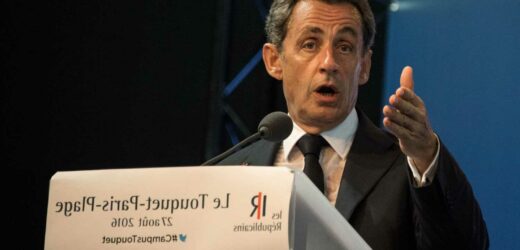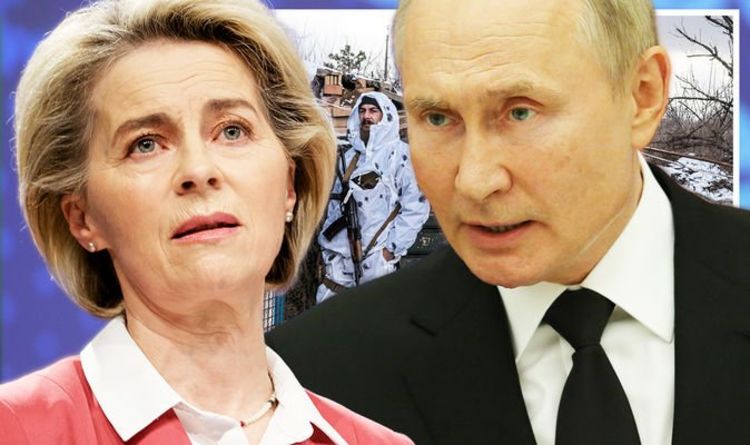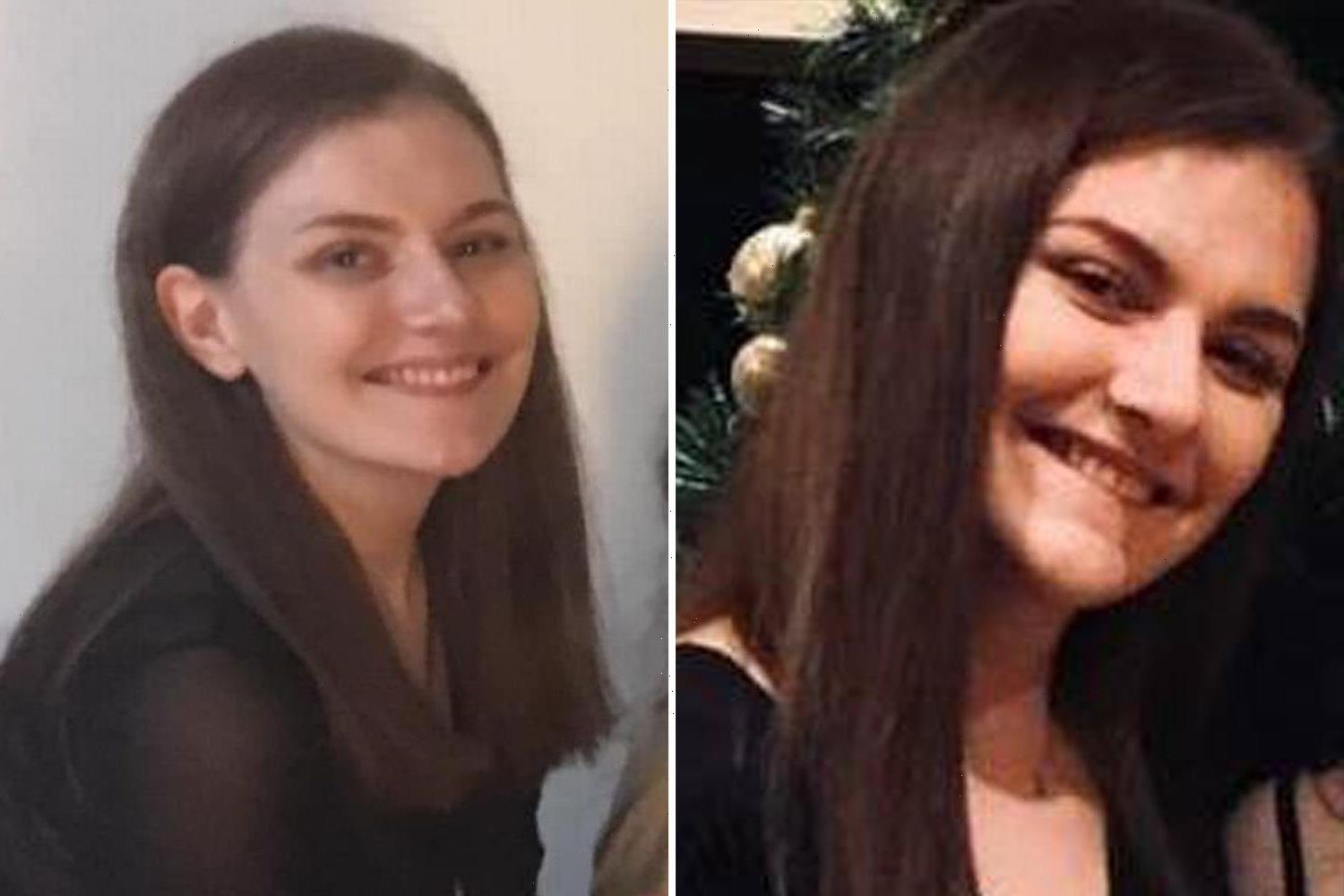THERESA May has slapped down Nicolas Sarkozy’s plan to move the Calais migrant camps to the UK, reminding the former French President he was the one who signed the agreement.
The Prime Minister’s spokesman said there was support from both Governments for continuing the current arrangements, as the Home Secretary met her counterpart in Paris today.
Amber Rudd and Bernard Cazeneuve reaffirmed “their commitment to closer cooperation on mutual areas of interest of counter terrorism, security and migration”.
Earlier Number 10 answered questions about Mr Sarkozy's call for a processing centre in England to deal with asylum requests from those in Calais, widely seen as posturing ahead of the French Presidential elections next year.
They pointed out that it was Mr Sarkozy, in a previous stint as interior minister, who first struck the Le Touquet deal with the UK, which allows British immigration officials to check passports in Calais, while their French counterparts do the same in Dover.
"The situation in France remains unaltered. Just a few weeks ago, the President of France stood up and said that the arrangement will stay in place and is in the benefit of both countries.
"The position in Calais remains the same. We are committed to that border, the French are committed to that border, the processes that are engaged at that border will continue."
RELATED STORIES:
JUNGLE FEVER Calais migrant camp population DOUBLED to 10,000 since June despite French vow to demolish it
Lorry drivers to block access to Calais in protest at failure to close Jungle migrant camp
Fury as top French politician calls for part of Calais migrant camp to be officially made part of UK
As French Presidential hopeful demands Jungle be dumped on us, we say: Don't be so dozy Sarkozy
The spokesman said "local politicians" in France occasionally called for changes to the arrangements, but the Paris government's continued support for the agreement was clearly restated last month in talks between Prime Minister Theresa May and President Francois Hollande.
He added: "Our view and the view of the French government is that the Le Touquet arrangement works, it's been well-established, it's been in place for 13 years, there's a very good set of processes in place and we don't see the need for those to be altered."
Understanding the Calais ‘Jungle’ camp where thousands of migrants are desperate to make it to Britain
THE “Jungle” camp in Calais is home to roughly 10,000 desperate migrants and refugees from war-torn or poverty-stricken countries across the world. Many in the camp seek to enter the UK illegally via the Port of Calais, Eurotunnel, or by sneaking onto lorries making a trip across the Channel. Most come from conflict zones such as Somalia, Syria, Iraq, Yemen, and Sudan. The name "Jungle" came about because it is a translation of the Pashto word "dzhangal" which means forest, according to Calais Migrant Solidarity – a local activist NGO. Pashto is one of the two official languages of Afghanistan and is the second-largest regional language in Pakistan, and is used by many of the thousands of the refugees in the Calais camp. Migrants would set up camp on unoccupied land before building a camp elsewhere after being moved on by the authorities. Fourteen years later in April 2015 it was reported the "principal" camp in Calais was based on a former landfill site three miles from the centre of the city. It was said to be home to the 1000 of the 6000 refugees in Calais at the time, and was one of nine camps in the city. Unlike the others it had showers, toilets, electricity, and one hot meal was served each day. There have been various "jungle" camps around the French city since 1999.
In her first first big test since she was appointed by Mrs May in July, Ms Rudd travelled to Paris to meet Mr Cazeneuve.
As well as sharing information between intelligence agencies and jointly investigating radicalisation they pledged to work together on a revised firearms directive and tackling weapons smuggling through the Balkans.
But on Calais the pair said: “In the face of the challenges posed by ongoing migratory flows in Europe, and taking into account the migratory pressure in the Calais region and the particularly difficult humanitarian situation, we are committed to working together to strengthen the security of our shared border, to strongly diminish the migratory pressure in Calais and preserve the vital economic link supported by the juxtaposed controls in Calais.”
They agreed to continue to try and break-up organised crime gangs exploiting the vulnerable, address the humanitarian challenges in Calais, and bring unaccompanied asylum seeking children to the UK “when in their best interest”.
They also said they would work together to return illegal migrants who are not in need of protection, adding that since 2015, more than 2,700 illegal migrants have already been “removed from French territory”.
“The two countries recognise the humanitarian situation in Calais that affects both countries and the need to step up joint efforts to improve the situation in Calais” the statement said.
“The Ministers today agreed to continue their close cooperation in all fields covered in the joint ministerial declaration of August 2015 and investment efforts to protect the shared border.”
Source: Read Full Article











